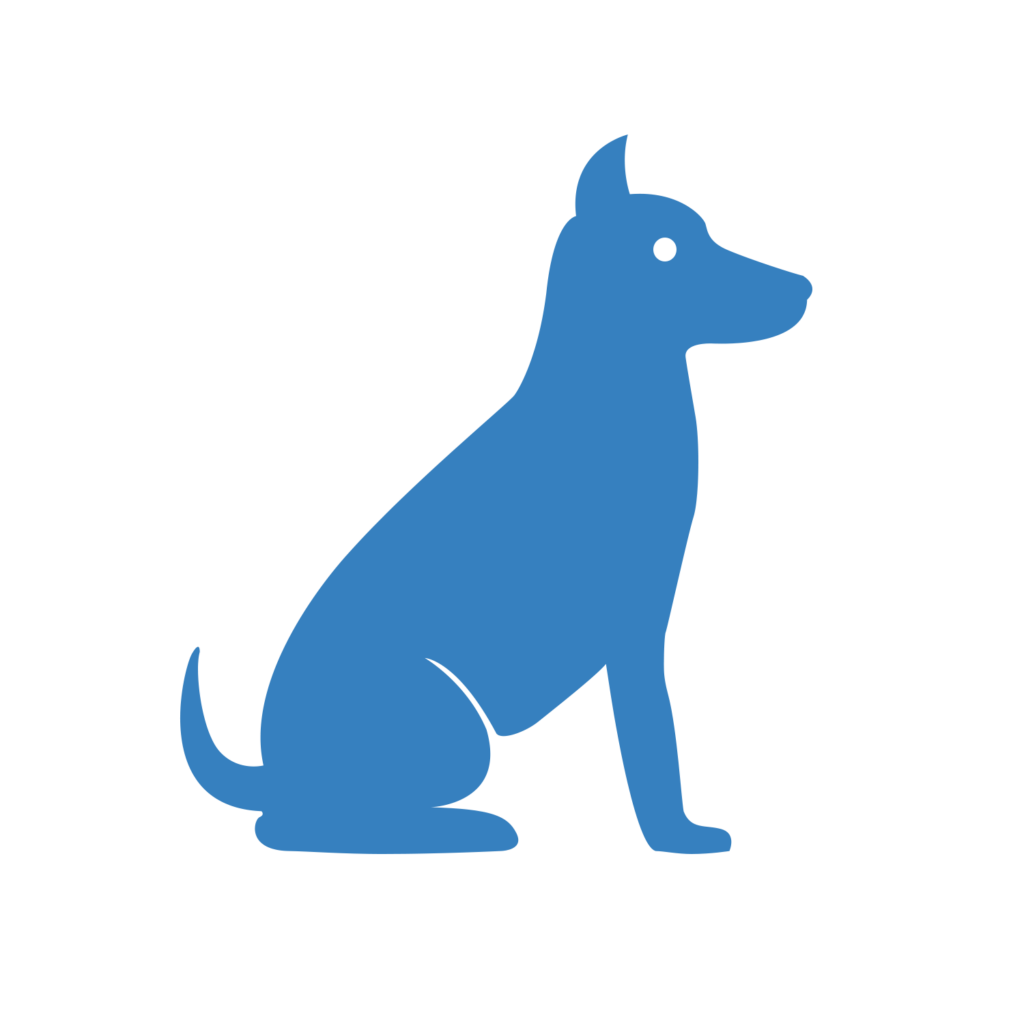

Dilated Cardiomyopathy
Turnaround: 3-5 business daysTurnaround: 7-10 business days
Price: $45.00Price: £40.00
Breeds: Aussiedoodle, Australian Labradoodle, Australian Mountain Doodle, Bernedoodle, Bordoodle, Clumberdoodle, Doberman Pinscher, Double Doodle, Goldendoodle, King Charles Bernedoodle, Labradoodle, Miniature Bernedoodle, Miniature Goldendoodle, Miniature Poodle, Mixed Breed, Poodle, Schnoodle, Sheepadoodle, Standard Poodle, Toy Poodle, Unspecified, Whoodle, Yorkshire Terrier*
Description
Dilated Cardiomyopathy (DCM) is a heart disease in which the heart becomes thinly walled, dilated, and ceases to contract properly. This causes a backflow in circulation due to valves weakening. The blood doesn't enter the heart normally, which results in congestive heart failure and death.
The left or right side heart can be affected in different ways. If the left side is affected by DCM, the lungs will begin to fill with fluid (pulmonary edema). When the right side is affected, fluid builds up in the body, affecting the chest cavity (pleural fluid), abdomen (ascities), or in the body tissue itself (edema).
Additionally, the heart will often have scar tissue or fatty build-up. This interferes with the conduction of nerve signals and causes uncoordinated contractions (dysrhythmia or arrhythmia). Forward and backward heart failure can arise from this. Forward heart failure occurs when the left ventricle doesn't provide enough blood flow to the body. This leads to collapse, fainting, weakness and sudden death. Backwards heart failure is when not enough blood enters the right atrium.
Not all affected breeds will be at risk to develop DCM due to the fact that it shows incomplete penetrance (dogs do not show sign of the disease despite having a copy of the mutation). Heart failure does not occur in every dog with DCM, however, DCM increases the risk of heart failure.
The PDK4 gene (responsible for energy production) is specifically associated with Doberman Pinschers, although this is only one of the genes associated with DCM1 in Dobermans. It is an autosomal dominant gene, meaning that only one copy of the mutation is needed to increase the risk of developing the disease.
Possible Results
| Genotype | Description |
|---|---|
| DCM/DCM | At Risk: Dog has two copies of the Dilated Cardiomyopathy 1 mutation and is at risk of developing the disorder. The gene will always be passed on to every offspring. |
| n/DCM | Carrier: Dog carries one copy of the mutation associated with Dilated Cardiomyopathy 1. The dog may pass the mutated gene to offspring. |
| n/n | Clear: Dog is negative for mutation associated with Dilated Cardiomyopathy 1. |
Reference
Meurs KM, Lahmers S, Keene BW, White SN, Oyama MA, Mauceli E, Lindblad-Toh K. A splice site mutation in a gene encoding for PDK4, a mitochondrial protein, is associated with the development of dilated cardiomyopathy in the Doberman pinscher. Hum Genet. 2012 Aug; 131(8):1319-25. [PubMed: 22447147]
Owczarek-Lipska M, Mausberg TB, Stephenson H, Dukes-McEwan J, Wess G, Leeb T. A 16-bp deletion in the canine PDK4 gene is not associated with dilated cardiomyopathy in a European cohort of Doberman Pinschers. Anim Genet. 2013 Apr;44(2):239. [PubMed: 22834541]